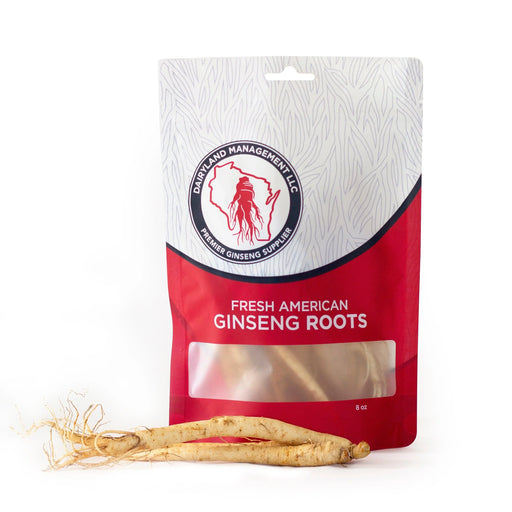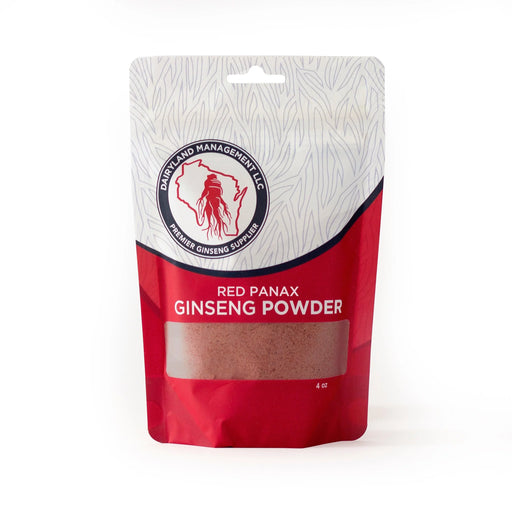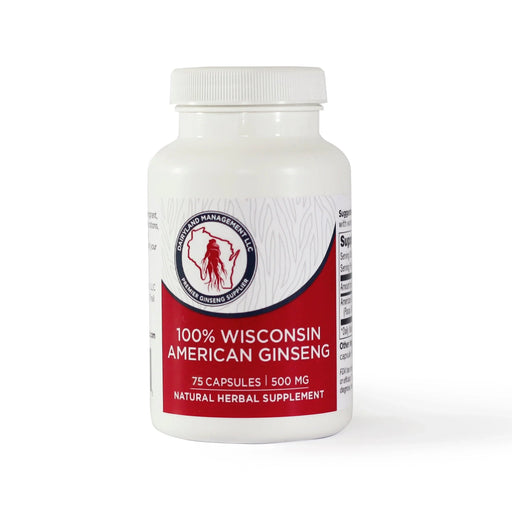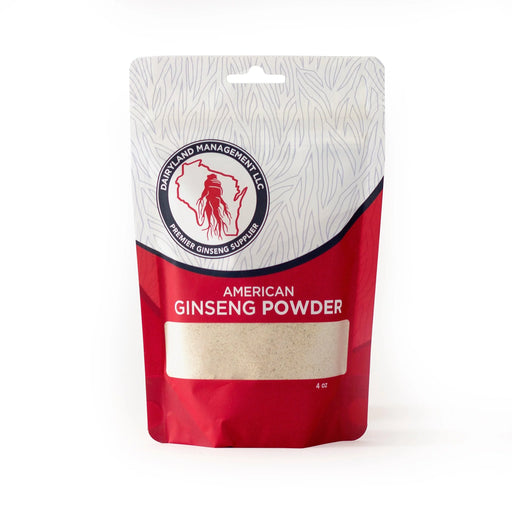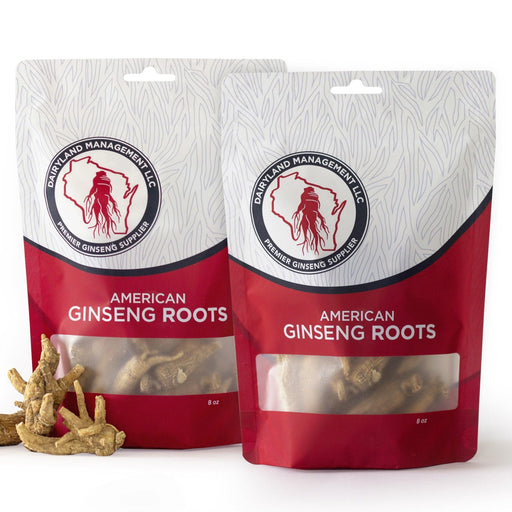Does the Age of a Ginseng Root Matter?
Yes, the age of the root significantly affects its quality, potency, and value. Older roots are generally more desirable because they contain higher concentrations of beneficial compounds, such as ginsenosides, which are responsible for many of ginseng's health benefits. These compounds accumulate over time, making older roots more potent than younger ones.
Why Age Matters:
- Ginsenoside Levels: Older roots have higher concentrations of these active compounds, enhancing their adaptogenic, antioxidant, and health-promoting effects.
- Flavor and Texture: Mature roots develop a richer, more complex flavor and are often denser in texture, making them more suitable for premium products like teas and extracts.
- Traditional Beliefs: In Traditional Chinese Medicine (TCM), older roots are considered more powerful and are often reserved for therapeutic or medicinal purposes.
Typically, ginseng is harvested between 3 and 5 years of age, which is when the roots reach their peak potency. Younger roots may still offer benefits but are less concentrated in active compounds. For those seeking maximum health benefits, selecting products made from mature ginseng roots is often recommended.

